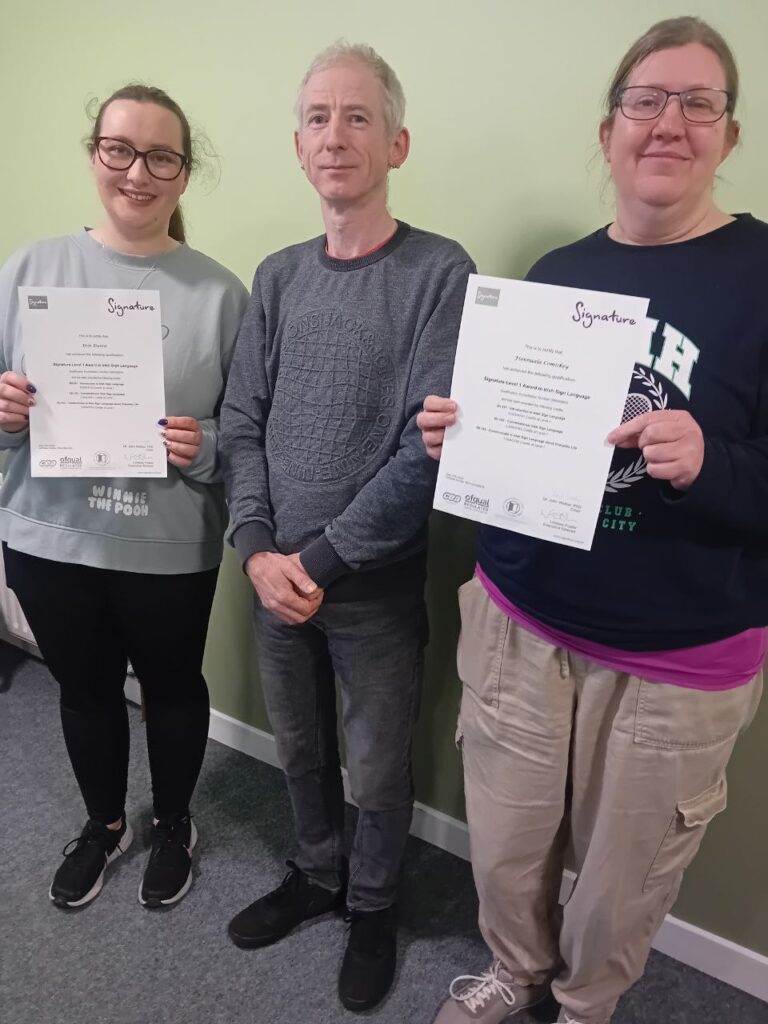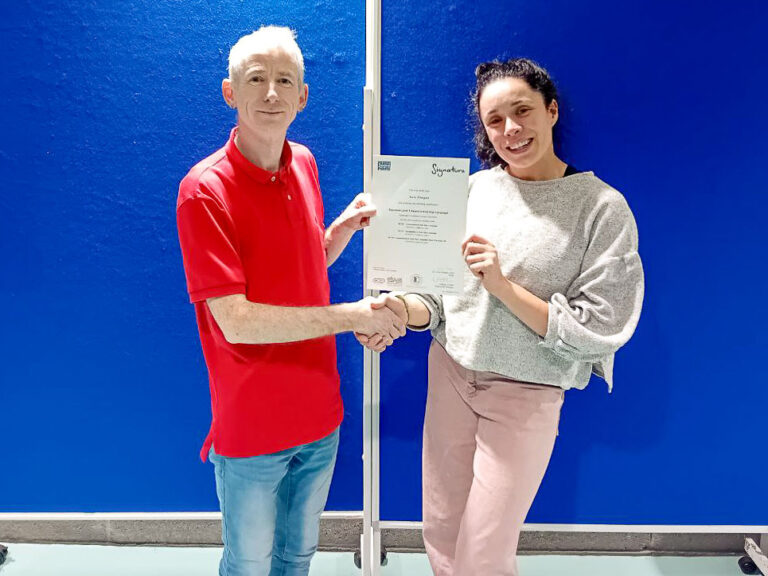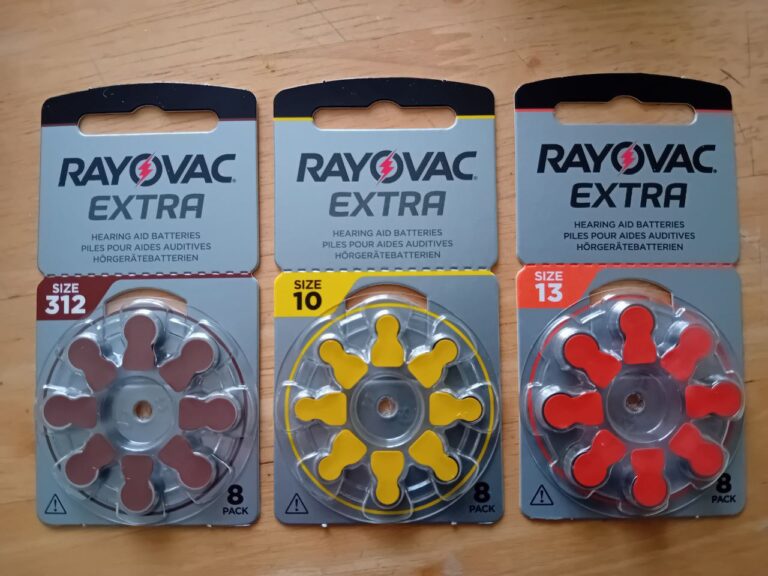Deaf children not being diagnosed ‘until it’s too late’
Thursday April 14 2011
Up to 10,000 adults and children are on waiting lists for a hearing test
MANY profoundly deaf children are not being diagnosed as suffering from the condition until they are two years old — leaving them with life-long problems, a major report has revealed.
The lack of a screening programme for newborns means many children are losing out compared to their counterparts in the UK, who are diagnosed at three months old.
And children in Ireland with moderate hearing loss can wait up to 60 months before they get a vital assessment, the review found.
The Health Service Executive-commissioned report, which was chaired by Prof John Bamford, an expert in audiology at the University ofManchester, said up to 10,000 adults and children were on waiting lists for a hearing test — some of them for seven years.
It warned that the delays were “unacceptably long”.
The report was published as the HSE announced that it was to begin the phased rollout of a newborn screening programme, beginning with the babies born annually at Cork University Hospital, which number around 8,000.
However, it will be another two years before all children are offered the screening.
There are 104 children born with a permanent, moderate or profound hearing impairment annually. Around 19 have profound hearing loss, 19 severe loss and 36 a moderate degree of hearing loss.
One of the reasons behind the delay in diagnosing is the failure to attract audiologists to Ireland. Prof Bamford said it was necessary to set up specialist training here to ensure a proper supply of experts.
The report called for the doubling of audiology staff, who currently number less than 70.
The professor said that if deafness was diagnosed too late, it was not possible for a child to “catch up” and they risked having problems into adulthood, including social, educational and employment difficulties.
Children needing cochlear implants are also having to wait longer than they should for surgery, and earmould services are “often slow, inadequate and non-existent in some areas,” the report found.
In addition, access to good authoritative audiological assessment and intervention is “patchy at best and non-existent in some areas”, it stated.
Meanwhile, an additional €3.7m has been allocated to the HSE this year to implement some of the report’s recommendations.
This includes the hiring of a national clinical lead, a specialist who would oversee the service, and four regional clinical leads.






